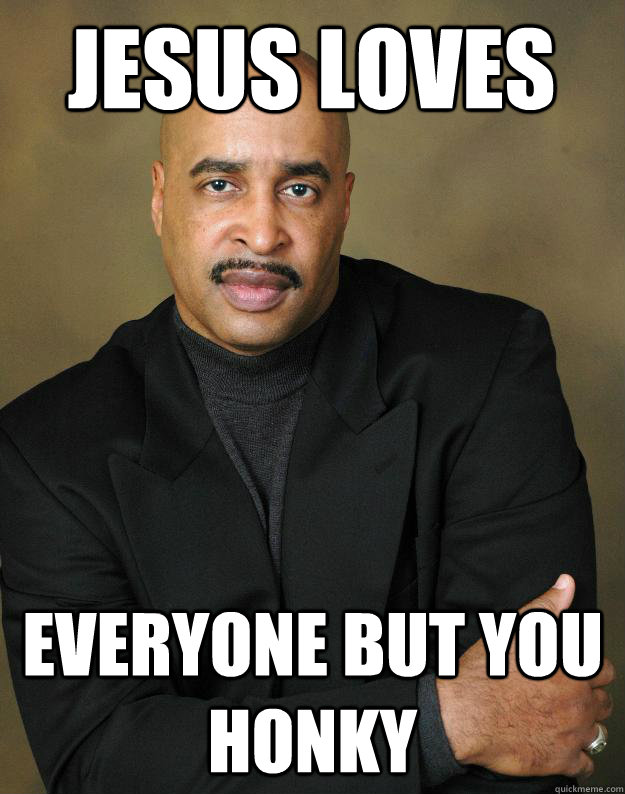And He summoned
the crowd with His disciples, and said to them, "If anyone wishes to come
after Me, he must deny himself, and take up his cross and follow Me. For
whoever wishes to save his life will lose it, but whoever loses his life for My
sake and the gospel's will save it. For what does it profit a man to gain the
whole world, and forfeit his soul? For what will a man give in exchange for his
soul? For whoever is ashamed of Me and My words in this adulterous and sinful
generation, the Son of Man will also be ashamed of him when He comes in the
glory of His Father with the holy angels."
Jesus stops speaking
privately to his disciples and begins to speak to both the crowd and his
disciples. While speaking to the
disciples, he spoke straightforwardly (v. 32).
But now he his speaking as if he were saying a parable—with double
meanings. To the crowd, Jesus would be
speaking a common speech that any revolutionary would give. “Recognize that if you grant me authority
that there will be battles fought, and you have to be ready to die the death of
a revolutionary. You will lose your life,
but you will gain much in the next life.
Acknowledge my authority to everyone, and I will declare you to
God.” A speech like this is given to revolutionary Muslims or Zealots even today to stir up revolutionary ideals.
But the disciples, in the context of what Jesus
just told them, should understand it in a different way. Jesus is acknowledging his authority, but
also his example—he is planning on dying at the hands of the authorities
himself, and so anyone who would take him as an example or authority has to be
ready to do the same. Death will mean
the extinguishing of this life and of all the glory of this world. But there is a resurrection coming that will
cause the reversal of everything in this life—so those who give up their lives
in this age will gain it and more in the next.
Those who teach what Jesus taught and recognize him as authority is not
just a part of a revolution, but they are the chosen of God who will suffer and
be resurrected on the final day and gain the glory of God. Those who deny Jesus’ authority or teaching,
however, will be shamed before God on the final day.
However, it is to be remembered that Peter
himself later denies Jesus and is accepted by Jesus because of his
repentance. Because the crowd
misunderstood Jesus here, they acknowledged him as the revolutionary king
coming into Jerusalem. Because the disciples
didn’t fully understand, they fled at his arrest. But when Jesus’ words came to pass, it all
became clear.
 |
| "Here, it looks like this one is your size" |
At one point in the life of Francis of Assisi, he traveled to a Muslim land and insisted on seeing the king of the region. Once in front of the King, Francis preached the gospel, using very strong words, so that he might be martyred in Muslim lands. The King shook his head and sent Francis home, who instead taught many disciples the way of poverty and brought a renewal to the church.
When I was a young Christian, there was nothing I wanted better than to die for Jesus. I wanted to be a missionary so that I could die a glorious martyrdom. But I would treat those around me with disdain because they didn't hold to the same extreme beliefs I had. I was willing to die a great, glorious death, but I was less ready to die daily.
It is so easy for us to see persecutions and hatreds against us, and decry them publicly. When Jesus faced persecution and hatred, though, he took it in silence, accepting the little deaths that led to his death. Many of us are willing to be martyred as long as we are fighting all the way. But Jesus shows us that taking up the cross isn't something that happens once at the end of our lives. Rather, we should be practicing cross lift-ups daily. We should accept the anger of others, take on the daily martyrdom of our soul. In this way we will die daily and be ready for the death that leads us to God.



















